I have a MVC-app that has a controller with an action that is supposed to expose data from the latest message in a queue (msmq). I have added a private queue on my local machine. I want the application to automatically receive a message from the queue when one is added. For this i am using msmqIntegrationBinding on a WCF-service that has been added to the application. The method that takes the message in the contract i then supposed to save the message in the application cache so that it can be accessed when a client asks for the latest data.
The challenge I now face is that when I add a message to the queue, it's not being picked up by the WCF-service. I need guidance at what I might be doing wrong or feedback on my approach. Please help.
The following is the endpoint-config for the WCF-service:
<bindings>
<msmqIntegrationBinding>
<binding name="MsmqBinding">
<security mode="None" />
</binding>
</msmqIntegrationBinding>
</bindings>
<services>
<service name="TestApp.Web.Service.QueueMessageReceiver">
<endpoint address="msmq.formatname:DIRECT=OS:.\private$\testsmessagequeue"
binding="msmqIntegrationBinding"
bindingConfiguration="MsmqBinding"
contract="TestApp.Web.Service.IQueueMessageReceiver" />
</service>
</services>
And the following code is from the QueueMessageReceiver.cs WCF-service:
public class QueueMessageReceiver : IQueueMessageReceiver
{
private static readonly XmlSerializer Serializer = new XmlSerializer(typeof(ScrewInfoModel));
[OperationBehavior(TransactionScopeRequired = true, TransactionAutoComplete = true)]
public void PutScrewInfoMessage(System.ServiceModel.MsmqIntegration.MsmqMessage<System.Xml.XmlDocument> msg)
{
CacheScrewInfoModelFromScrewInfoXmlDoc(msg.Body);
}
private static void CacheScrewInfoModelFromScrewInfoXmlDoc(XmlNode screwInfoXmlDoc)
{
var reader = new StringReader(screwInfoXmlDoc.InnerXml);
var screwInfoModel = (ScrewInfoModel)Serializer.Deserialize(reader);
Common.Utils.CacheScrewInfo(screwInfoModel);
}
}
And here is the Interface for the WCF:
[ServiceContract]
public interface IQueueMessageReceiver
{
[OperationContract(IsOneWay = true, Action = "*")]
void PutScrewInfoMessage(MsmqMessage<XmlDocument> msg);
}
